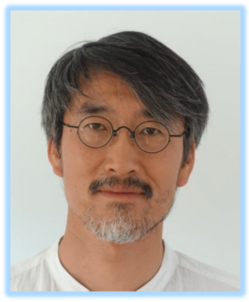2021 Conference
Friday 12th & Saturday 13th March
Abstract
The discourse of ‘Knowledge Societies’ has had a significant impact on education and human
existence across societies. The imaginary of knowledge economy that has dominated global
policy discourses is now being rearticulated to orient education towards the cultivation of
skilled citizens that will harness new technology under a global industry 4.0. At the same time,
climate disruptions and a growing body of decolonial scholarship have inspired a search for
alternatives to the model of neoliberal governance and economic growth, opening a window to
imagine a new dynamic in the production and consumption of knowledge (e.g., North vs. South
hemispheres and the East vs. the West; researcher vs. practitioners).
The dynamic of knowledge exchange directly affects contemporary society’s social and
political orders, which has strong implication for comparative education. The global pandemic
has brought about unprecedented changes to the conditions of knowledge production and
dissemination, and the (re)creation of education policies to maintain education provision and
‘social development’ in the time of crisis, and equity-related issues thereof. Against this
backdrop, the 2021 Conference of The Comparative Education Society of Hong Kong
(CESHK) invites scholars and practitioners to critically review geopolitics of knowledge and
education policy processes, and the ideal citizens we aim to develop.
Submissions are invited on the following two main themes:
1. Geopolitics of knowledge and education
2. Knowledge cycle and education policy
Keynote Speakers
Keynote 1. Professor Meg MAGUIRE & Dr. Emma TOWERS, King’s College London
What counts as (school) knowledge? The effects of curriculum reform in the English
secondary school system
Keynote 2. Professor Keita TAKAYAMA, Kyoto University
Education research towards de-colonial, de-growth and de-coldwar worlds






